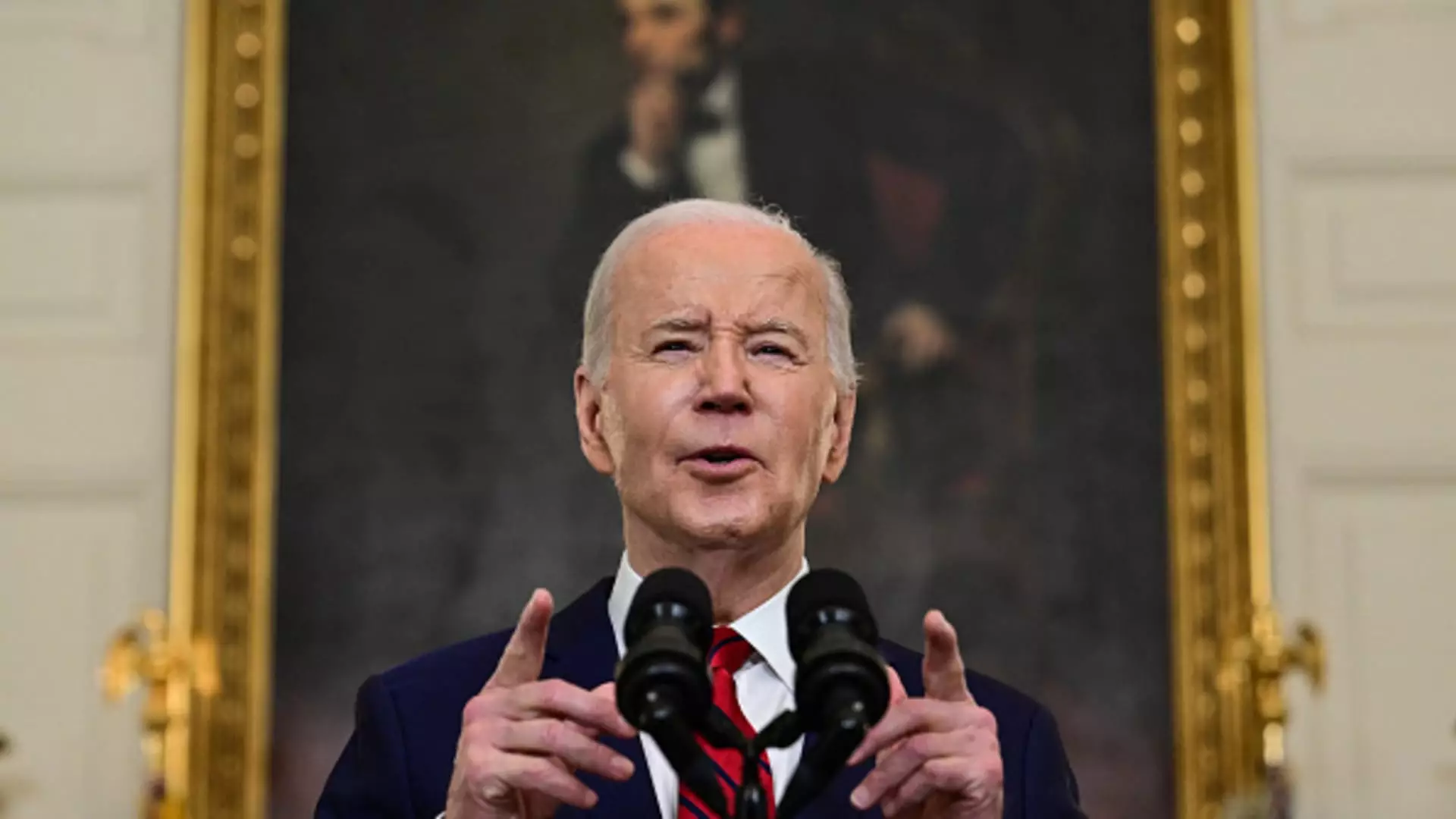President Joe Biden recently announced an updated policy aimed at protecting U.S. critical infrastructure sectors such as energy and financial services from foreign cyber attacks, particularly from China. This new policy is a revision of the Obama administration’s Presidential Policy Directive, or PPD-21, which was introduced in 2013. The reimagining of this policy was initiated over a year ago to adapt to the ever-evolving threat landscape and technological advancements that have empowered hackers over the past decade.
The Need for an Updated Policy
The landscape of cyber threats has drastically evolved since the issuance of PPD-21 in 2013. The focus has shifted from counterterrorism to strategic competition, with advancements in technologies such as artificial intelligence and increased malicious cyber activities by nation-state actors. This shift in threat perception necessitated a comprehensive overhaul of the existing policy to effectively safeguard critical infrastructure from sophisticated cyber threats.
FBI Director Christopher Wray has been vocal about the imminent threat posed by Chinese hackers targeting various sectors of the U.S. critical infrastructure, including the electrical grid, water plants, and transportation systems. In a recent announcement, Wray mentioned the neutralization of a Chinese hacking group called ‘Volt Typhoon’ that had been infiltrating hundreds of routers in homes and offices. These revelations have heightened concerns about the vulnerability of U.S. infrastructure to foreign cyber attacks, especially from adversarial nations like China.
Despite President Biden’s efforts to improve relations with China, tensions between the two countries have remained strained, particularly in light of ongoing geopolitical conflicts. The Biden administration has issued warnings to China against aiding Russia in its invasion of Ukraine, threatening to impose sanctions if such actions persist. Additionally, China’s ambitions regarding Taiwan have escalated, prompting the U.S. to increase military support for the self-governing island. These geopolitical complexities have added another layer of urgency to the need for enhanced cybersecurity measures to protect U.S. critical infrastructure.
President Biden’s updated policy clearly delineates the responsibilities of various federal agencies in safeguarding U.S. critical infrastructure. The Department of Homeland Security, in collaboration with the Cybersecurity and Infrastructure Security Agency (CISA), has been tasked with leading government-wide efforts to mitigate security risks. The DHS Secretary will be required to produce a biennial report for the President on the progress made in enhancing cybersecurity measures. Moreover, the policy emphasizes the need for intelligence agencies to declassify pertinent information for private sector entities within vulnerable industries like transportation, water, and energy to strengthen their resilience against cyber threats.
The revised policy also seeks to solidify CISA’s role within the government’s security network, recognizing the agency’s importance in defending critical infrastructure. Established in 2018, five years after the publication of PPD-21, CISA plays a crucial role in coordinating cybersecurity efforts and responding to emerging threats. The updated policy aims to integrate CISA more comprehensively into the cybersecurity framework, acknowledging its pivotal role in safeguarding U.S. critical infrastructure.
President Biden’s updated policy represents a significant step towards fortifying U.S. critical infrastructure against evolving cyber threats, particularly those originating from countries like China. By enhancing collaboration between federal agencies, empowering CISA, and addressing emerging geopolitical challenges, the United States is poised to strengthen its cyber defense capabilities and protect its vital infrastructure from malicious actors.


Leave a Reply